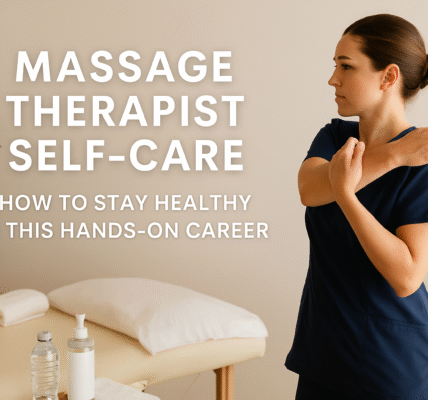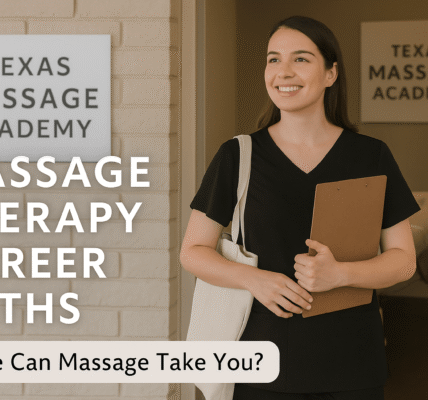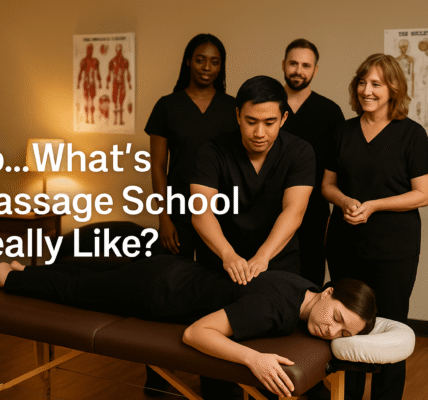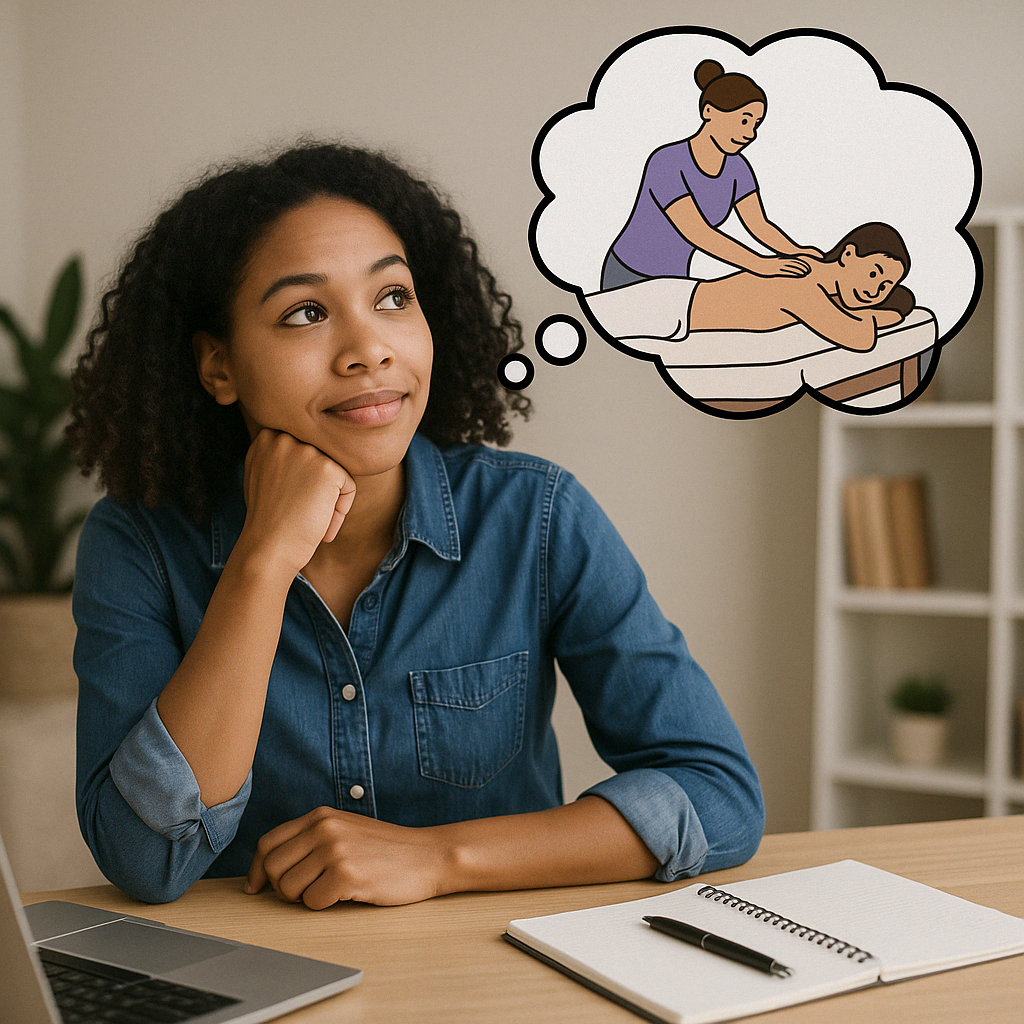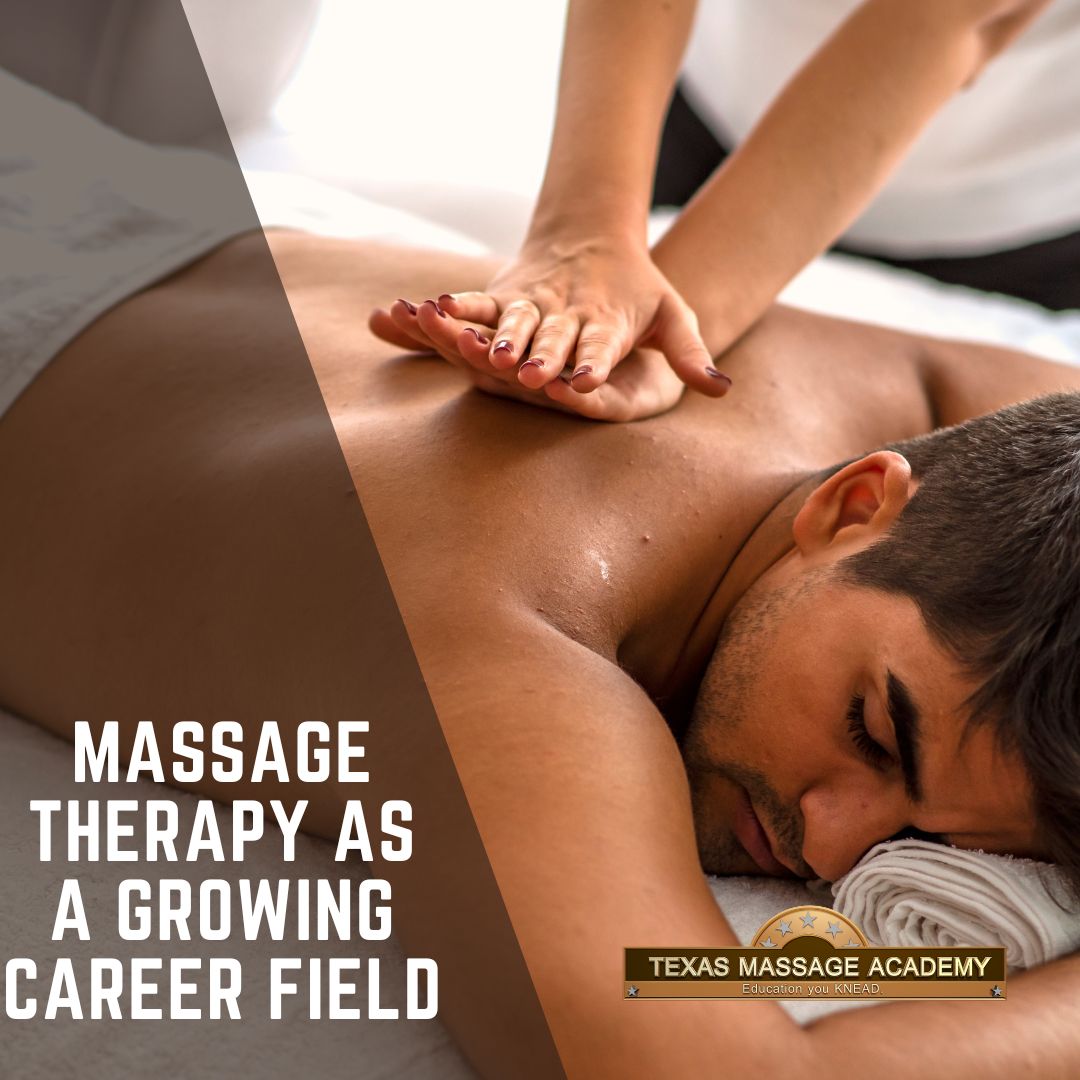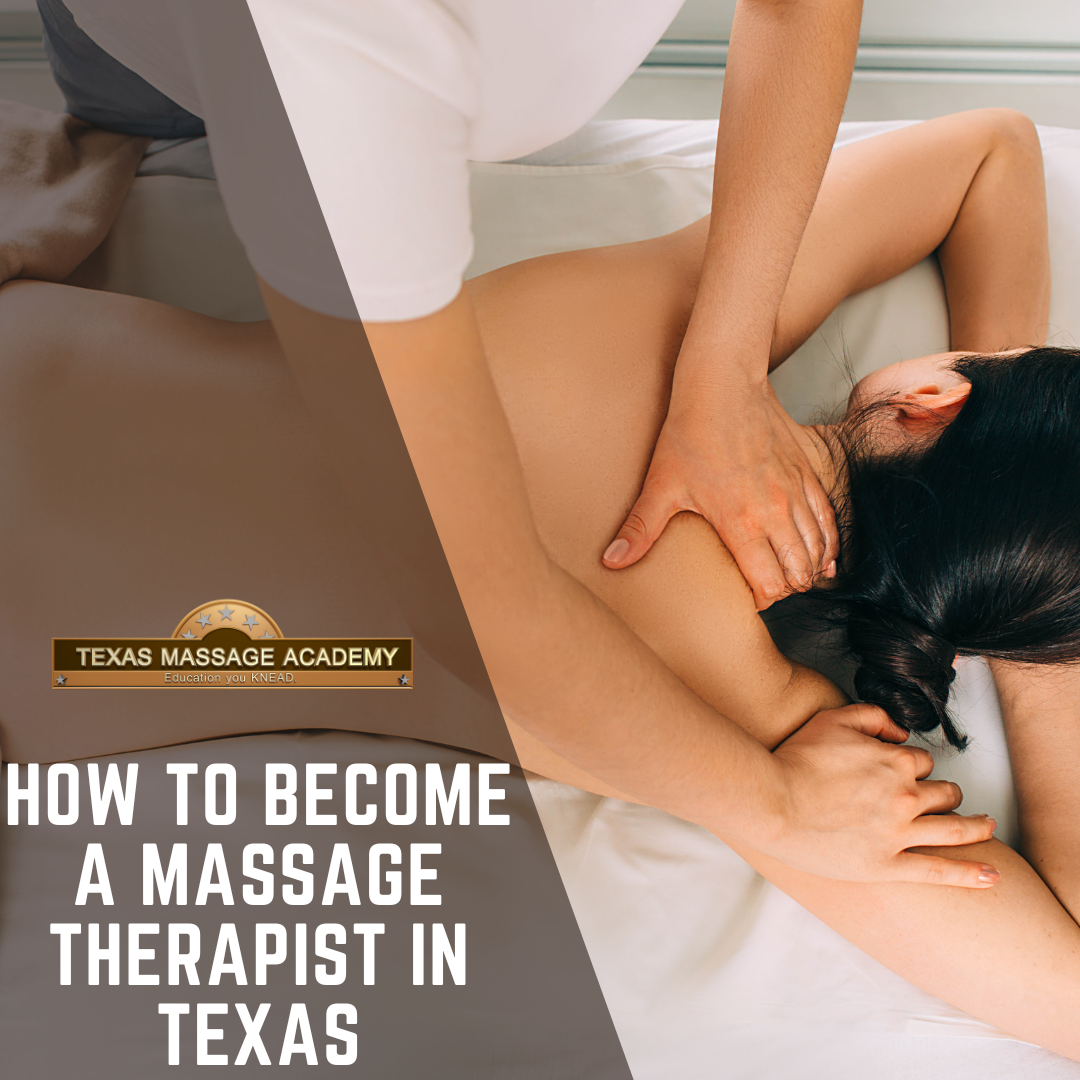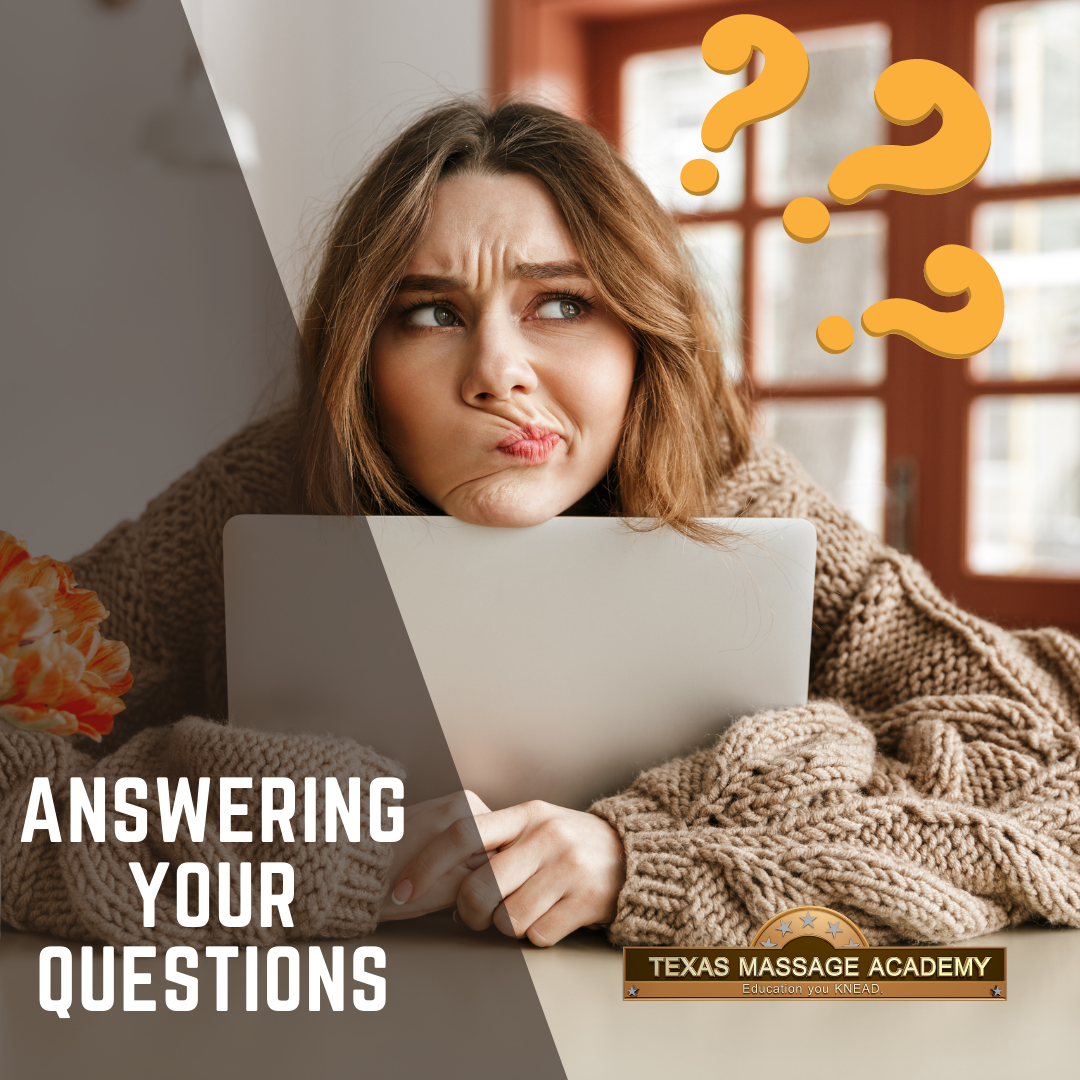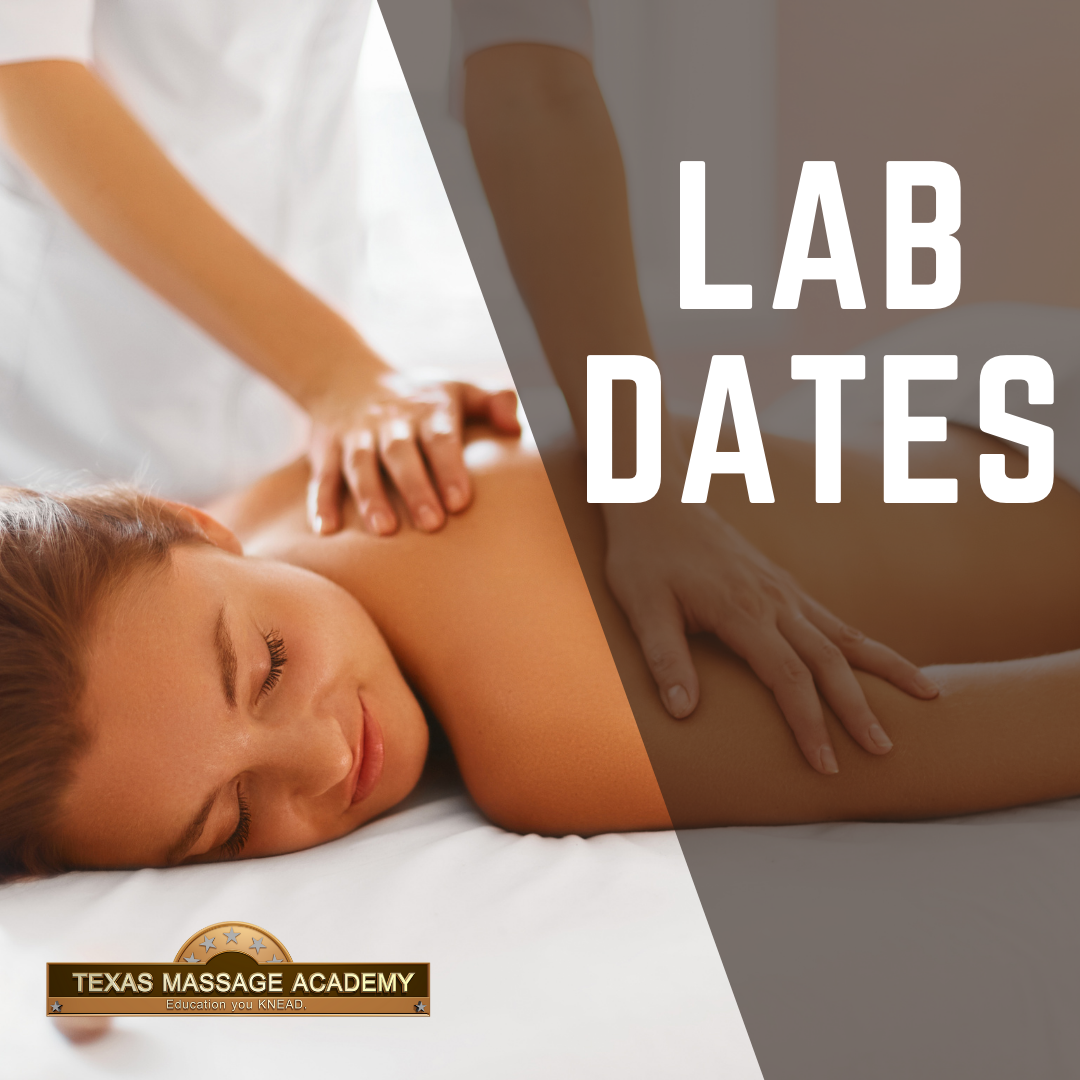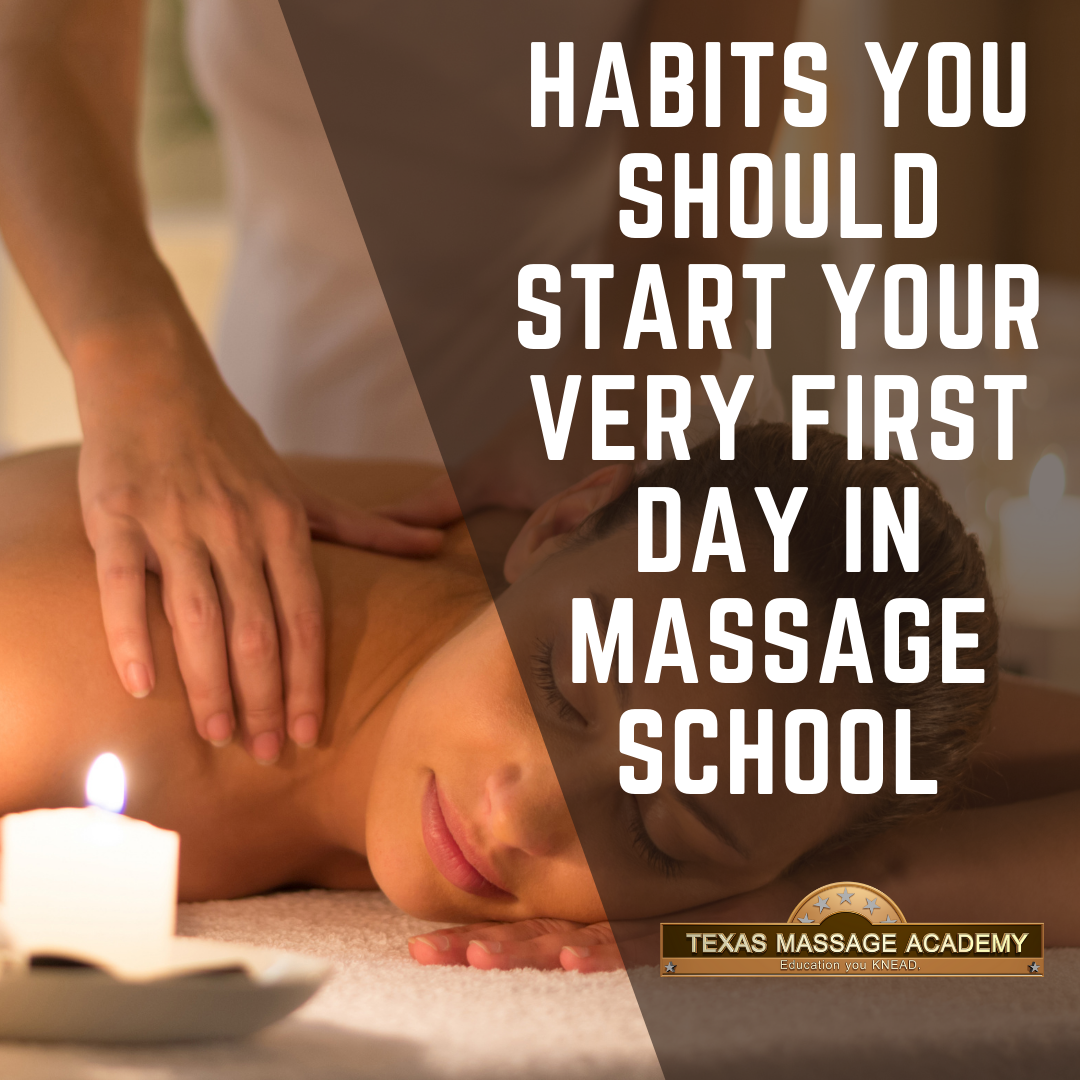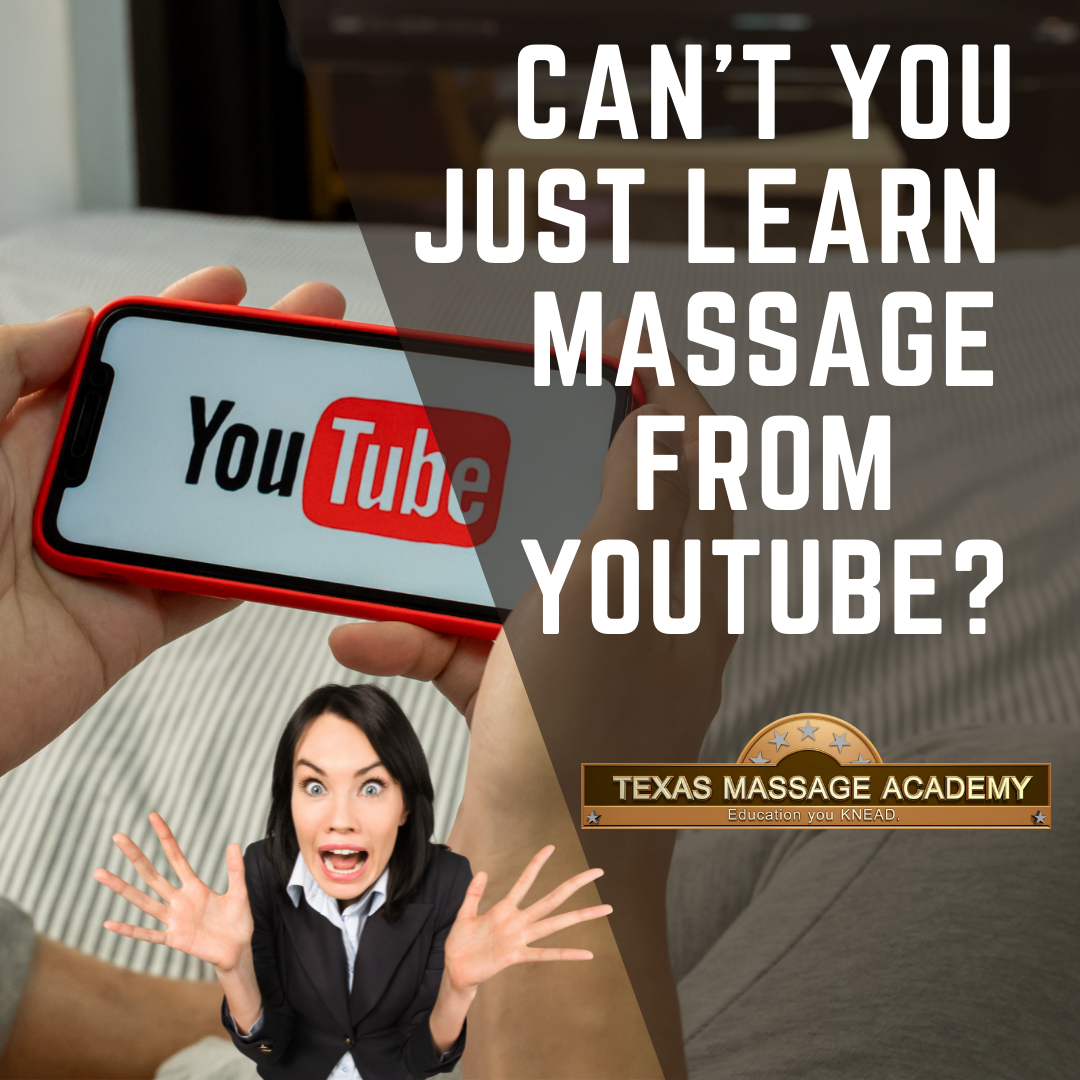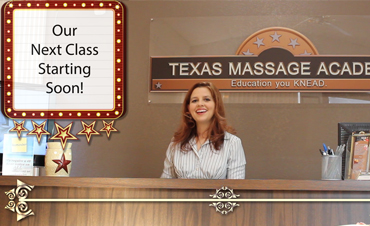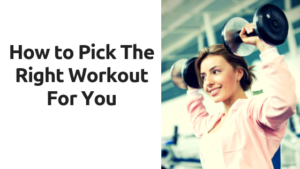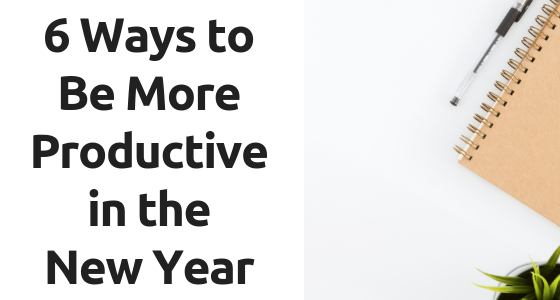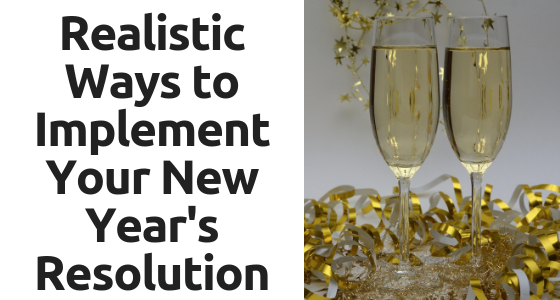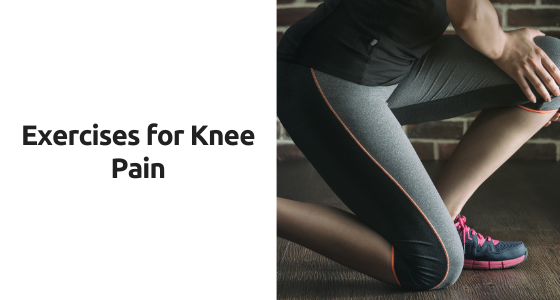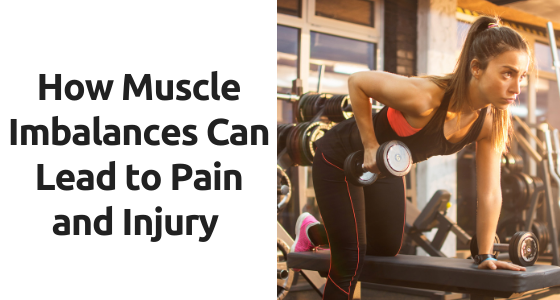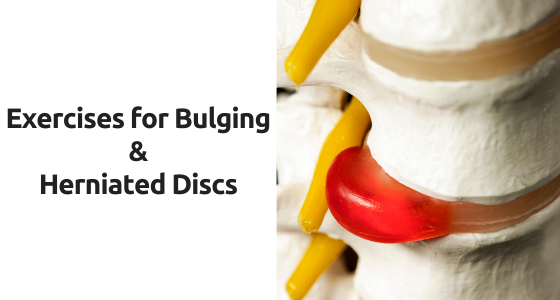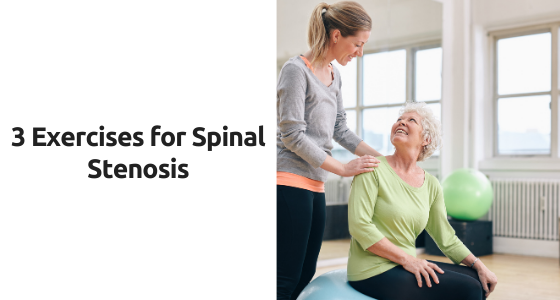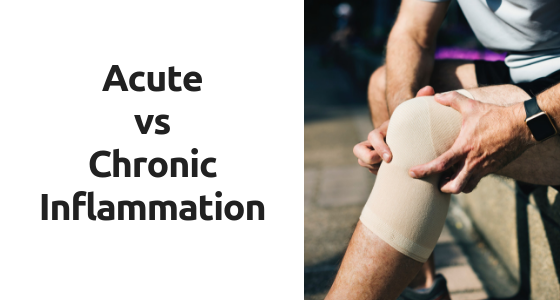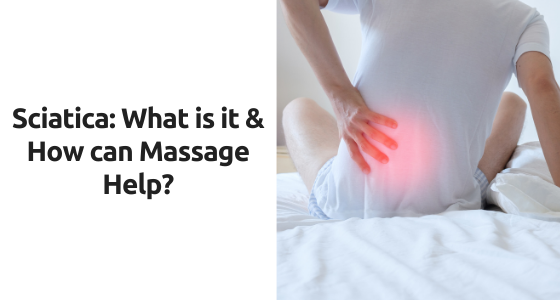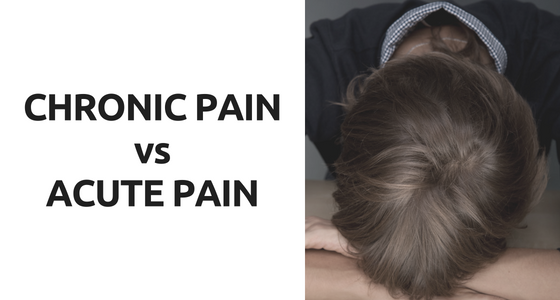How to Pick the Right Workout For You!
Workout; the word that so many of us dread. I wish that we all woke up one day and just had the inspiration to do it naturally like some, but many of us don’t. For me, my relationship with working out has been a love/hate relationship. I love how I feel afterwards, but I hate waking up early and getting motivated to do it. For me, I know that if I don’t do it first thing in the morning, I will not come back around to it, and by the end of the day I feel defeated that I didn’t get my workout in. Here I will give you a few tips on how to choose the perfect workout for you to help you be more motivated to work out.
6 Ways to Be More Productive in the New Year
Struggling with productivity is something that many of us deal with daily. We live busy lives and it’s easy to let our lack of energy and lack of focus prevent us from accomplishing tasks we need to. However, there are ways you can improve your productivity that don’t require buying the latest program to help get you there. Here are 6 easy steps to help improve your productivity that you can implement today.
Realistic Ways to Implement Your New Year’s Resolution
Along with the hustle and bustle of the holiday season that is upon us, this time of year brings the pressure to create resolutions for the new year that’s right around the corner. Benjamin Franklin once said, “Without continual growth and progress, such words as improvement, achievement, and success have no meaning.” While many are content with their place in life, there are many people who feel they haven’t met their true potential or made it to the goals they have set.
Exercises for Knee Pain
Did you know that 18 million people each year see a doctor for knee pain? While there are a larger number of people who experience knee pain as they get older, there are quite a few causes that have nothing to do with age. Runner’s knee (which also affects those who participate in activities that require repetitive bending), Osgood-Schlatter disease (which is found in children & adolescents), chondromalacia patella (the softening and breakdown of the cartilage on the underside of the kneecap), and osteoarthritis are all common causes of knee pain. While in some situations, surgery is a necessity, there are certain exercises you can perform to help strengthen your knees as well as keep pain at bay.
How Muscle Imbalances Can Lead to pain and Injury
A muscle imbalance is simply when one muscle or muscle group is stronger than another. For example, your right arm may be stronger than your left, or your biceps are stronger than your triceps. It’s typically not much of a problem; we’re rather asymmetrical beings in general anyway, but muscle imbalances in some areas can play a role in creating problems within the body leading to injuries and pain.
Exercises for Bulging & Herniated Discs
Bulging and herniated discs tend to happen as a completely normal part of aging. While some can be caused by poor posture and movement patterns or injury to the spine, most cases are just what happens as we get older. A bulging disc occurs when the entire disc “bulges” out of its normal space. A herniated disc is when the outer portion of the disc thins and allows part of the inner structure of the disc to push out of the normal disc space. These conditions don’t necessarily translate into a painful or even noticeable condition, but if it does, patients can experience pain, numbness, and tingling within the low back, hip, and down the leg as well as a loss of range of motion depending on the nerve(s) being compressed.
3 Exercises for Spinal Stenosis
If you’re not familiar with it, spinal stenosis is a narrowing of the spinal canal – the space that contains the spinal cord. This is most often caused by degenerative changes; some sort of normal shift or loss that occurs over time, such as with herniated discs, arthritic changes, compression fractures, etc. This stenosis, or narrowing of that space, can put pressure on the nerves that travel through the spine. The two most common places for this to occur are in the neck (cervical stenosis) and the low back (lumbar stenosis). Most often, stenosis can begin with little to no sign that anything is wrong. Progression of symptoms happens over time as the stenosis worsens. The most common symptoms include numbness, tingling, and weakness of the limbs and in some severe cases, organ function may be affected as well.
Acute vs Chronic Inflammation
Inflammation is a physical condition in which part of the body becomes reddened, swollen, hot, and often painful, especially as a reaction to injury or infection. Inflammation is now a buzz word that you hear almost daily, but knowing what it really means and the signs to look for will be very helpful in better understanding and combatting it. There are two types of inflammation, acute and chronic.
Sciatica: What it is & How can Massage Help?
The sciatic nerve branches from your lower back through your hips and buttocks and down each leg. Sciatica is a condition that occurs when this nerve, which happens to be the largest nerve in the body, is irritated or inflamed, causing pain, tingling, and/or numbness. These sensations are felt along part or all of the nerve path and most often starts in the low back or the buttock and travels down the outer leg, sometimes all the way down to the foot.
Chronic Pain Vs Acute Pain
Pain is something everyone is well acquainted with. It doesn’t discriminate. No matter who you are, what your ethnicity, or the amount of money you have in your bank account; at some point in your life you will experience pain. The problem is when you experience pain more frequently than normal, and it gets in the way of your daily activities or your quality of life.

